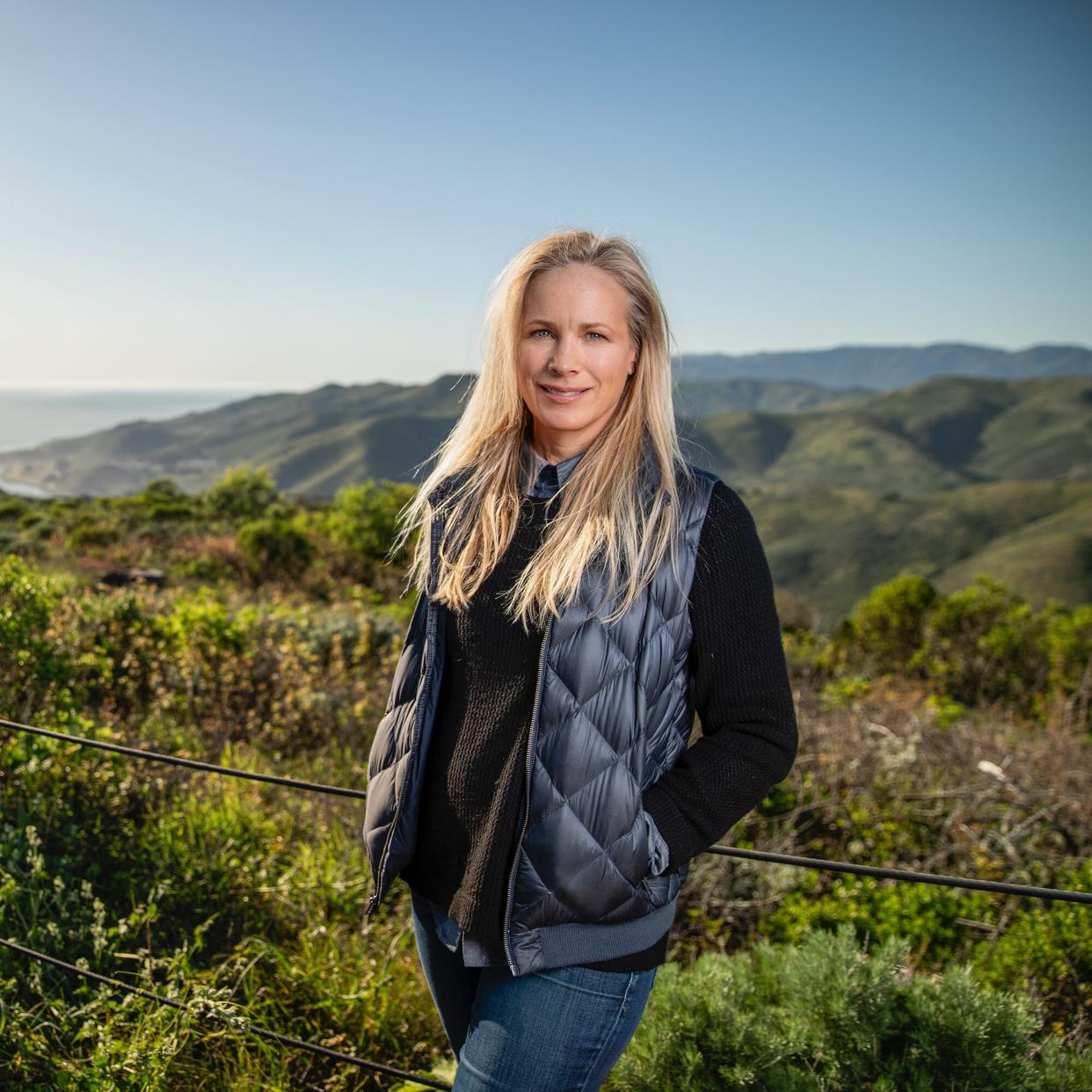How Patagonia Is Reshaping Sustainable Food Through Their Provisions Line

- Oops!Something went wrong.Please try again later.
Craig Lee
A few years ago, Birgit Cameron visited The Land Institute in Kansas to talk with founder Wes Jackson about a special grain called Kernza that the agricultural nonprofit was breeding. A cousin of wheat, Kernza is a perennial grass that never needs to be plowed under and replanted, so it grows deep roots that prevent soil erosion and draw carbon out of the atmosphere, sequestering it underground. The grain exemplifies the regenerative agriculture principles that Patagonia Provisions promotes, and Cameron wanted to buy it. There was only one problem. Kernza wasn't yet on the market, and Jackson told her it would take 20 years to grow it at a commercial scale.
She took one look at the number of bags already stacked to the ceiling of his warehouse and said, "Wes, I think you've got enough." All Cameron had to do was come up with a use. And that's how the company's Long Root Pale Ale, brewed with a mix of Kernza and barley, came to be. (It now offers a Long Root Wit too.)
Considered sourcing like this is what makes Patagonia Provisions, which Cameron co-founded in 2012, the most improbable food brand in America. Each of the 40-plus products the company makes, including canned fish, dehydrated soups, snacks and beer, originates in a mission, not a trend. It's in keeping with the ethos of its mother business, Patagonia, which has long been a leader in sustainable outdoor apparel. "Every single thing that we build has a very deep reason for being," she says. "We create products to solve a problem, to show an issue or to create a new supply chain."
Under Cameron's leadership, Patagonia Provisions helped spearhead a Regenerative Organic Certification (ROC), which launched in mid-2020. Regenerative agriculture refers to farming practices that rebuild soil health, clear up waterways, promote biodiversity and capture carbon dioxide from the atmosphere. Research at the Rodale Institute, a nonprofit that co-sponsors this certification, suggests that adopting techniques like these can mitigate and potentially reverse climate change. Only farms that operate regeneratively, as well as guarantee animal welfare and ensure strong labor practices, can earn the certification. To date, 18 other companies, including Dr. Bronner's and Lotus Foods, have joined the ROC program.
In the natural-food industry, interest in regenerative agriculture has been rising. But convincing farmers to embrace this model continues to be a daunting prospect. It takes time and resources to convert a conventional farm to a regenerative one. Patagonia Provisions, however, provides a giant carrot for certification: turning great ingredients into best-selling foods. For instance, the breadfruit flour in its gluten-free crackers comes from agroforests in Central America. There, instead of growing one cash crop of the fruit, farmers manage a diverse ecosystem of trees—citrus, plantain, cacao—that sustain their families and the environment. And by making beer with Kernza, the company is supporting the market (Cameron has recruited a host of other farmers to grow it) and raising public awareness about the planet-friendly grain.
Building demand for regeneratively grown foods means more farmers can switch from wheat to Kernza and from bananas to breadfruit. Indeed, sales have doubled year over year, and Patagonia Provisions products—once sold only online or through Patagonia stores—are increasingly finding their way into major grocery chains and outdoor retailers, cementing the company's role as a leader in the do-good food space. "We're like the tip of the arrow," Cameron says.

